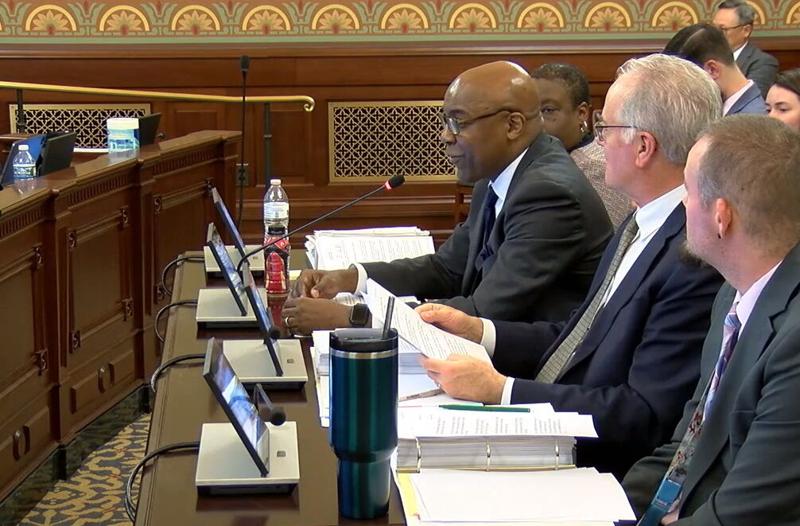(The Center Square) – A state lawmaker says the Illinois attorney general is “making an excuse” when it comes to government accountability.
State Rep. Amy Elik, R-Alton, said her office saw an increase in constituents reaching out to inquire about the time it takes to address either a Freedom of Information Act or Open Meetings Act violation allegation.
“When you do have increased volume, it’s especially important to stick to your goals and guidelines and make sure you are answering the public in a timely manner, and not using an excuse of increased volume to let those responses lag,” Elik said.
When a taxpayer requests information from a taxing body, the agency has five business days to respond. If a request is not satisfied, the taxpayer can file a complaint about the alleged FOIA violation with the public access counselor, which is funded and operated through the AG’s office.
According to the Open Meetings Act, it is the public policy of Illinois that public bodies exist to aid in the conduct of the people’s business and that the people have a right to be informed as to the conduct of their business. If a taxpayer feels the OMA has been violated, they can file a complaint about the alleged OMA violation with the PAC.
When asked if his office would consider a standard when addressing FOIA/OMA violation allegations, Raoul said it’d be challenging to do something like that. Raoul attributed the backlog to staff fluctuation.
“It’s not a flat number of requests that come in from year to year, yet our staffing level may maintain a certain level and sometimes we lose people,” said Raoul.
In 2023, the PAC received 3,810 formal requests for assistance pursuant to the Illinois FOIA and Open Meetings Act. Right now, about 1,523 requests are backlogged, according to the PAC.
Raoul said his increased budget request is more conservative in comparison to recent years. Last fiscal year, the office received $96 million in general funding from taxpayers. This year, Raoul said his office is requesting an increase of $2.25 million.
Elik said citizens in her district, specifically Madison County, periodically file requests to the Attorney General’s Office to review OMA violations or they disagree with the contents of a FOIA response that has been returned to them.
“Those things seem to take a very long time. I know of one case that took about three years to get an answer back from the Public Access Counselor. So my question is, have you improved, is it getting better and what can we expect for backlogs?” Elik said.
The PAC said the office has faced a steady increase in requests, “a more than 25% increase from the end of 2021 to the end of 2023.”
“The office has increased staffing in each of the past three years to address the increasing number of requests,” the office said in an email to The Center Square.
Elik suggested the office create a backlog standard to meet. Raoul said that would be a challenge to implement.
“While we have strategic goals throughout our office to improve, to measure and to have accountability, it’s not always easy to predict the caseload we will have in a particular year. So getting a goal [meeting a backlog standard] based on an unpredictable number is challenging,” said Raoul.
Elik suggested maybe going off a percentage basis. As an example, of the 1,523 requests that are on backlog, processing 25% of those requests at a minimum. The office would, hypothetically, have to resolve 228 of those by the end of the year.
“Before Attorney General Raoul was in office, the number of open PAC requests for review hit 2,911. By the end of his second year in office, the PAC had reduced that number by 47% to 1,523, and the office has continued to keep the number of open cases below the level seen when Attorney General Raoul was sworn into office,” the office said in a statement.
Raoul touts bringing in revenue through other enforcement actions.
“In just the last year, my office generated $1 billion in revenue,” Raoul told a House committee. “While this is a decrease from prior years, I think the last time I was before you I told you in that fiscal year 2022, for every dollar spent from [general revenue funds] on the Attorney General’s Office, we returned $39 to the GRF. This year, there’s been a decline. For every dollar spent, we returned $17 and 55 cents.”







